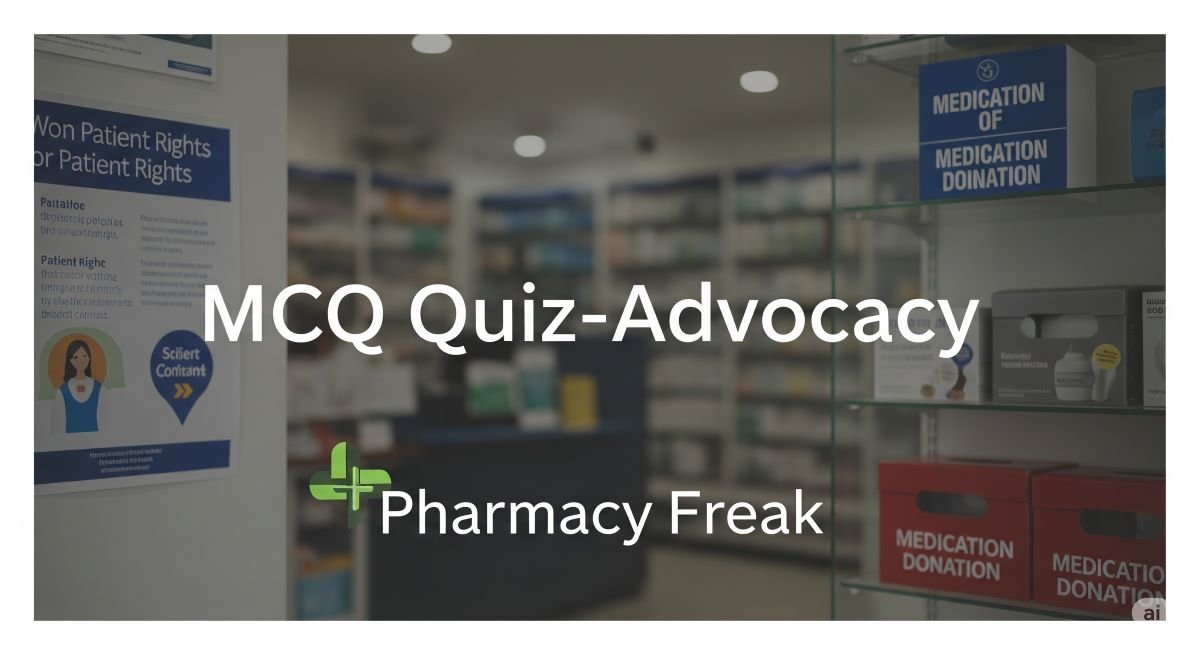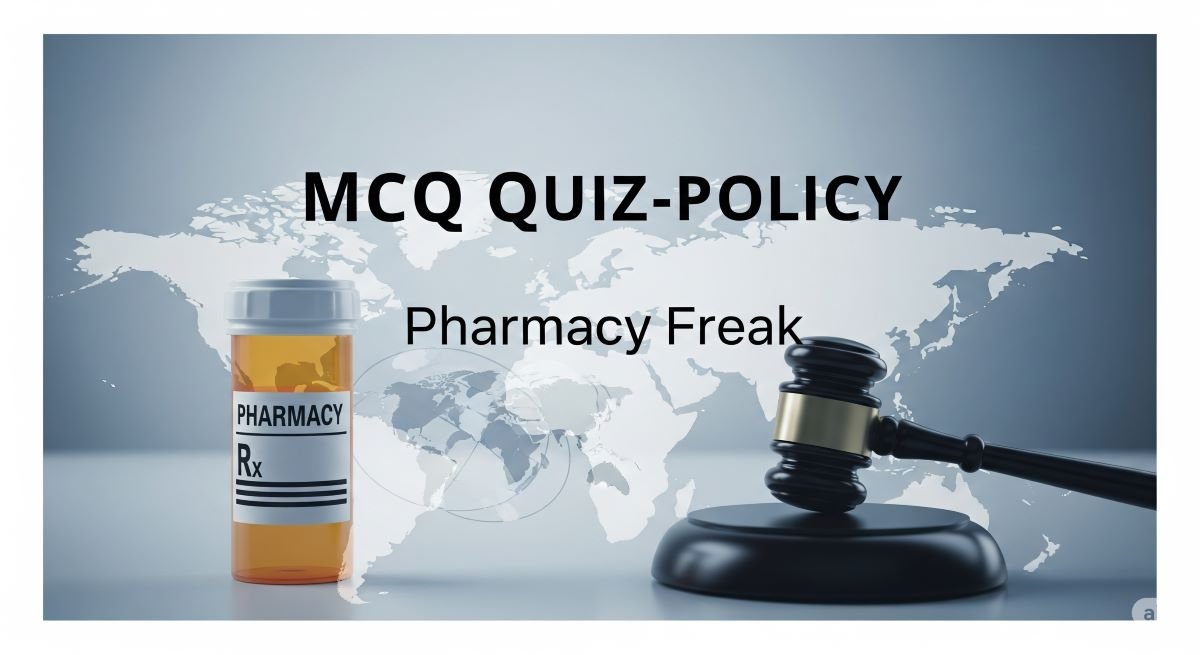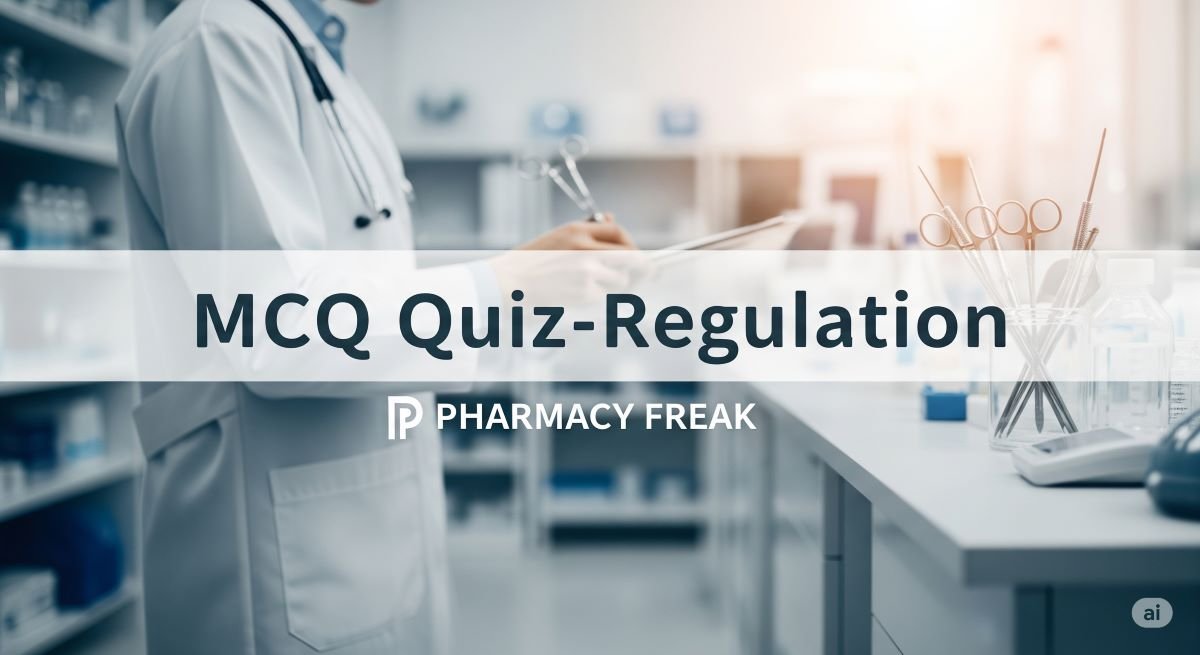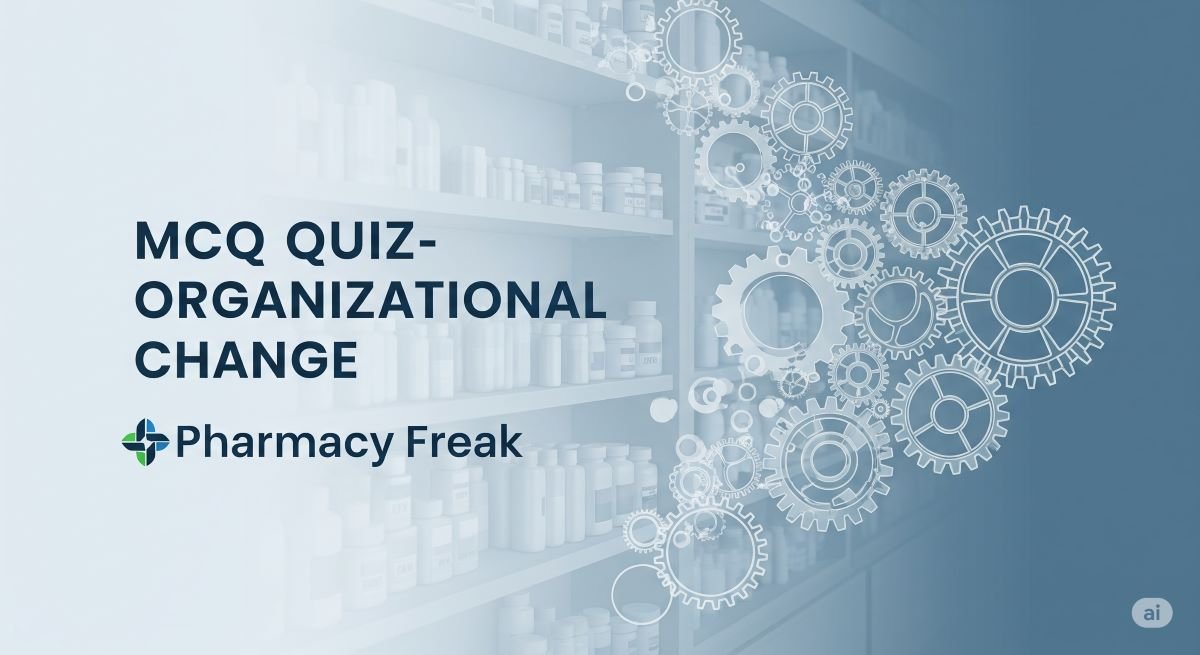

Excel at Leading Change in Pharmacy MCQs
Pharmacy is a constantly evolving profession, and strong leaders are needed to guide teams, improve systems, and deliver better patient care. These MCQs test your ability to lead change effectively—whether it’s implementing new technologies, shaping policies, or improving daily practice in the pharmacy.
What’s Covered in Leading Change in Pharmacy?
This subject focuses on leadership skills, change management strategies, and the pharmacist’s role in driving innovation. You’ll learn how to identify opportunities for improvement, overcome resistance, communicate effectively, and measure the impact of change initiatives.
What Will Leading Change in Pharmacy MCQs Test?
Core Focus Areas
Change Management Theories:
Expect questions about frameworks like Kotter’s 8 Steps, Lewin’s Change Model, and how they apply to pharmacy practice.Leadership Styles:
MCQs may test your understanding of transformational, servant, and situational leadership—and which styles work best in different scenarios.Communication and Influence:
Look for questions about motivating staff, addressing resistance, and building consensus during transitions.Implementing Innovation:
Expect scenarios involving technology adoption, workflow redesign, or introducing new clinical services.Measuring Success:
Some MCQs will cover key performance indicators (KPIs), quality metrics, and how to assess the impact of change.Ethical and Professional Responsibility:
Questions may test your ability to lead change while upholding professional standards and advocating for patients.
Why These MCQs Matter
Here’s the truth: pharmacy leaders don’t just manage tasks—they create environments where patients, staff, and systems thrive. These MCQs prepare you to think like a change agent, making decisions that improve safety, efficiency, and outcomes.
Tips for Success with Leading Change in Pharmacy MCQs
1. Know the Models:
Familiarize yourself with key change management frameworks and how to apply them to real-life pharmacy challenges.
2. Prioritize Communication:
Pick answers that emphasize transparency, collaboration, and consistent messaging.
3. Focus on Outcomes:
The best responses highlight measurable improvements in patient care, workflow, or staff satisfaction.
4. Address Resistance:
Choose strategies that acknowledge concerns, build trust, and engage team members.
5. Think Long-Term:
Go for answers that ensure sustainable change, not just quick fixes.
Building Leadership Skills in Pharmacy
Mastering Leading Change in Pharmacy MCQs means more than passing a test—it’s about becoming the kind of pharmacist who drives progress. Use each question to practice critical thinking, refine leadership skills, and prepare to guide the future of pharmacy.




